
Politics & Society
Sports can show Australia’s better face
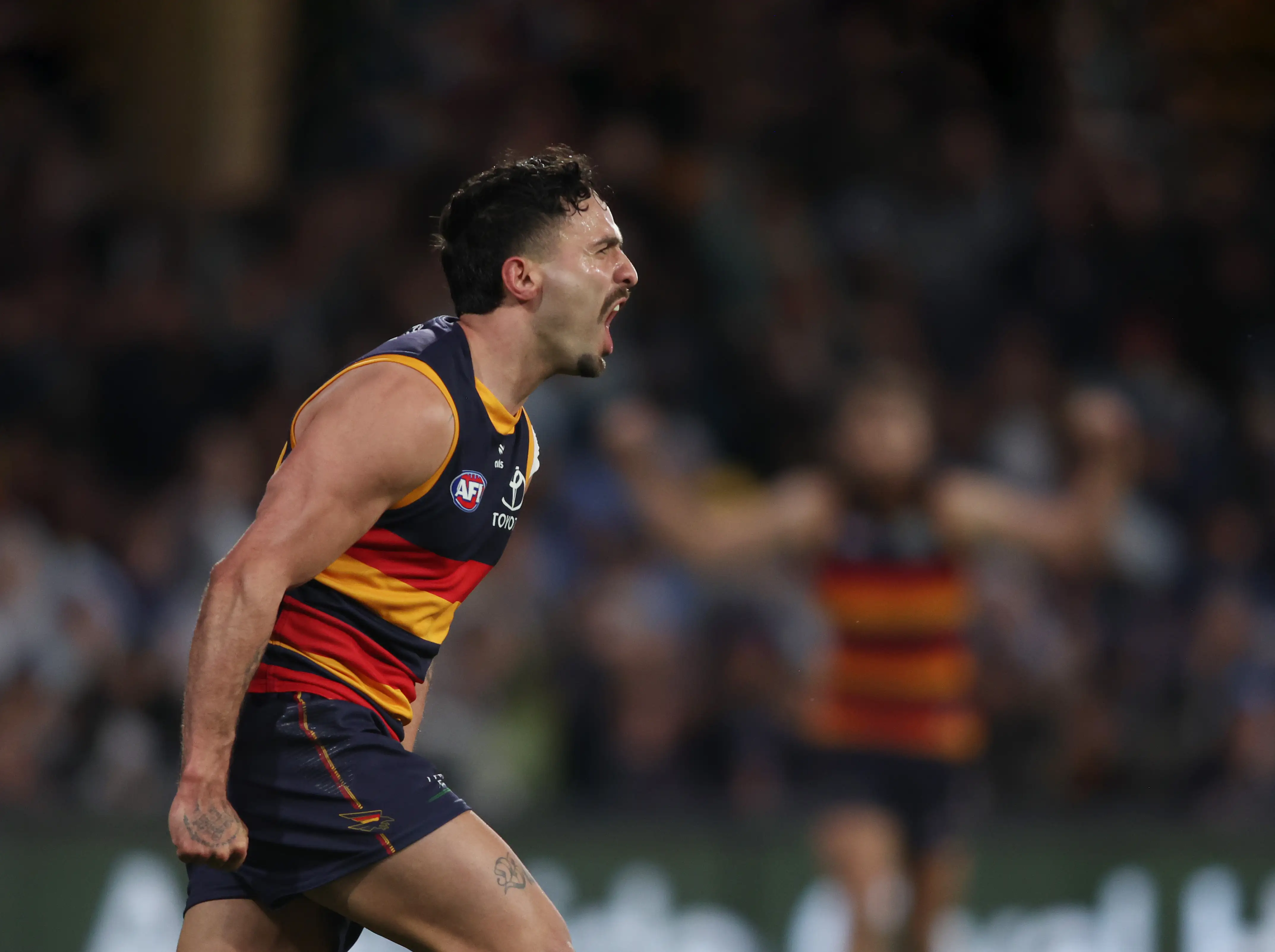
Focusing on single acts of bigotry releases institutions, like the AFL, of any responsibility and ensures ongoing homophobia and racism in football
Published 3 September 2025
Recently, the Australian media landscape has again been overwhelmed by the news of an AFL footballer using a homophobic slur during a game against the opposition.
This time by Izak Rankine, the “dangerous small forward” and often “game breaker” for the Adelaide Crows.
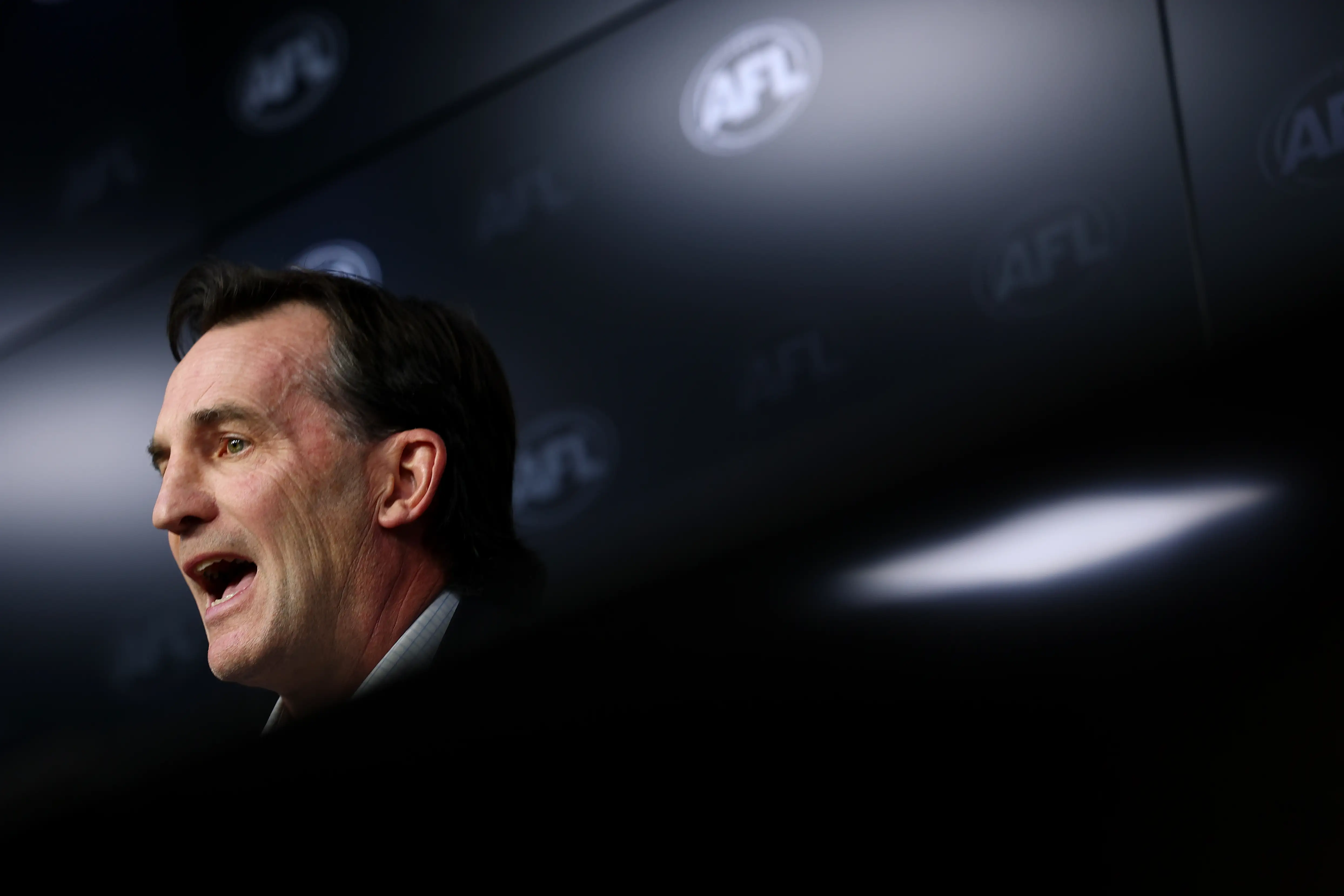
The focus has been on Rankine’s resulting four match ban and the impact of his absence on Adelaide’s chances in the finals.
Many commentators, sports broadcasters, media personalities and LGBTQIA+ advocates have rightfully spoken out against the fact that Rankine’s ban is only four games.
This length of ban is the same as the suspension of West Coast player Jack Graham who self-reported. But it is shorter than the five game ban Sydney Swans player Riak Andrew received earlier in the VFL season or St Kilda’s Lance Collard’s six matches in the 2024 reserves season.
Rankine’s four-game ban opens up the possibility of him returning for the Grand Final, should Adelaide lose their Qualifying Final but still make it.
If they win the Qualifying Final, the Grand Final will be game number four, so Rankine will be unable play.

Politics & Society
Sports can show Australia’s better face
However, the length of Rankine’s suspension is not the conversation we need to be having.
Give him no games or ten, it doesn’t matter, as his words are not an isolated incident. Focusing on Rankine as an individual perpetrator is doing more harm than good.
In exactly the same way as when someone uses a racist slur, emphasising the impact of an individual’s actions does nothing to combat the systems that allow these toxic cultures to continue.
The mainstream media commentary has once again focused on the individual incident and perpetrator through reductive language.
This language presents an incident like this as a ‘one off’. It avoids larger questions about the culture of the Gold Coast Suns, the Adelaide Crows and the AFL – where Rankine has been employed for the past six years, since he was 19 years old.
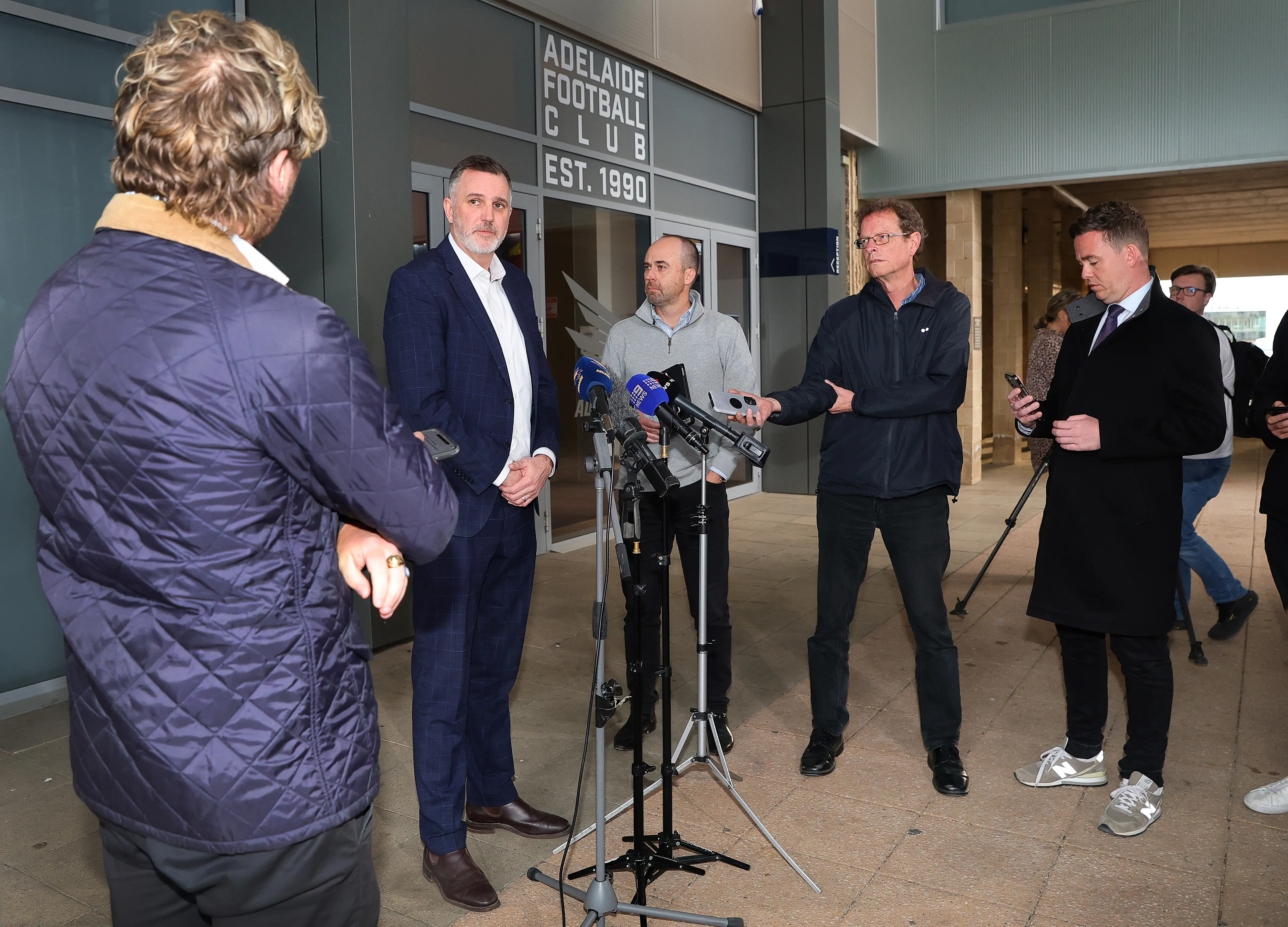
Focusing on just one person’s words or actions makes way for the institutions which are actually responsible to make half-hearted, shallow statements.
Things like:
“Inclusion and respect are key priorities for the AFL, central to who we are as a game and organisation”
“We are committed to creating a safe, respectful, and inclusive environment”
“This behaviour does not reflect the values of our club”.
All the while, these same institutions maintain the carefully constructed system of colonial patriarchal ideals.
Adelaide does not have mandatory Pride in Sport or LGBTQIA+ inclusion training, which arguably is the bare minimum if you want to begin dismantling systematic oppression.
Homophobia, transphobia, racism, ableism and every system of discrimination in our society is based on arbitrary definitions of human form and are rooted in the power hierarchies of the colonial patriarchy.

Business & Economics
Think the best footy players earn too much? Here’s why they should be paid more
Truly combating homophobia goes hand-in-hand with combating transphobia, sexism, racism and ableism.
In 2023, Rankine was subject to a “disgusting racial slur” which resulted in a Brisbane spectator receiving a lifetime ban.
Since then, we’ve seen further incidents of verbal and online racism in football – banning individuals will not stop the system.
In terms of homophobic slurs, we have had the same situation repeated at least five times in the 2025 season alone across AFL, VFL and reserves competitions.
Even more recently, there’s news of a formal investigation into a spectator who allegedly directed a homophobic slur at a player during the Round 24 Collingwood v Melbourne game on 22 August.
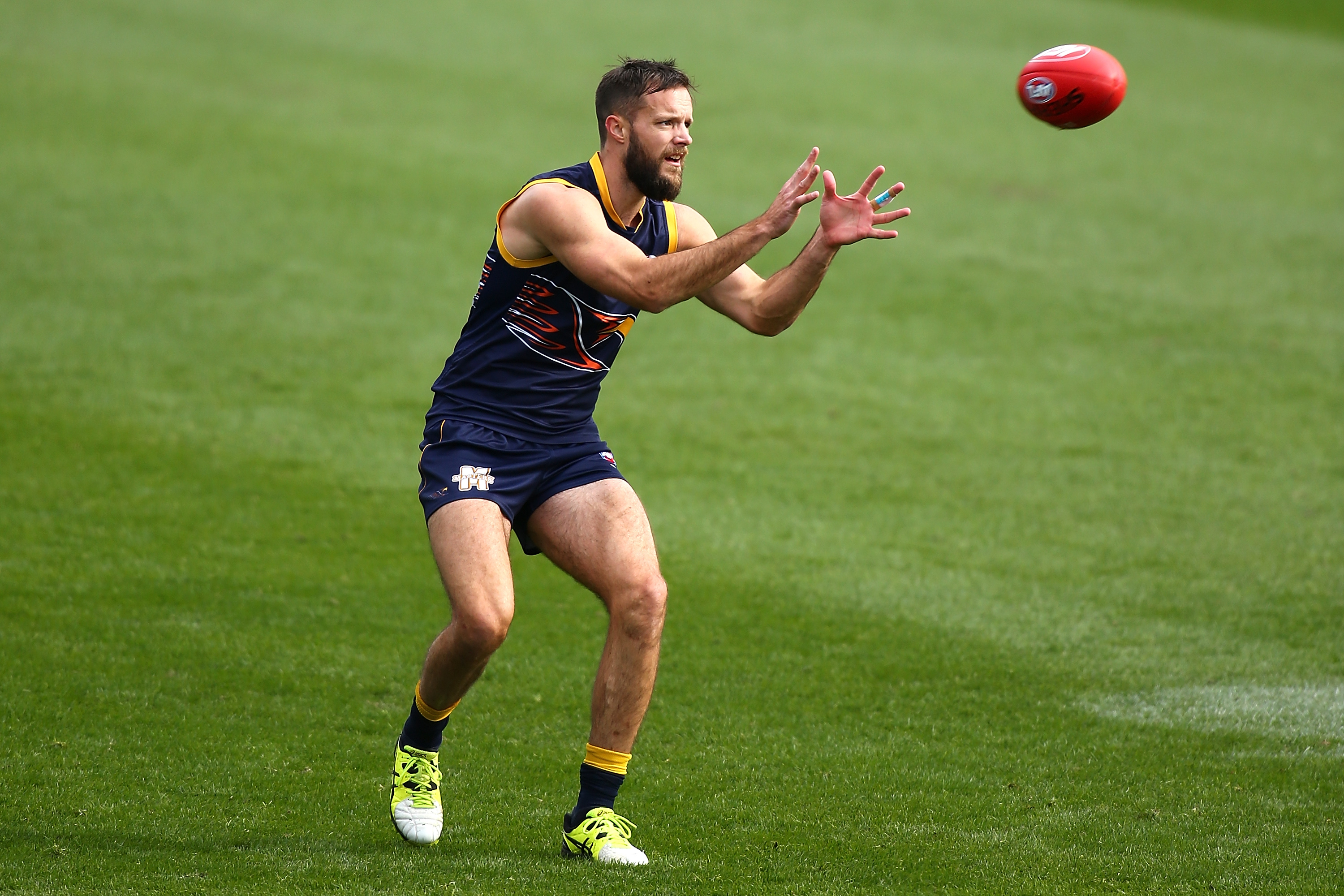
These four, five and six-week suspensions, or even lifetime bans, have made little or no difference to rates of homophobia or racism.
One of the accepted definitions of insanity is doing the same thing and expecting a different result. And, although some people may argue the point, the AFL and associated institutions are not insane.
Focusing on single acts of bigotry releases institutions of responsibility and ensures the continuation of homophobia and racism in football.
If we just look at easily identifiable perpetrators and ignore the institutions themselves, we will never see a decrease in the rates of verbal, physical and systemic abuse in sport.
The AFL and AFL clubs need to take responsibility when homophobic slurs are used by players, staff and spectators.

Arts & Culture
Why we’re not doing better at racism in sport
For most of us, homophobic and racist slurs are not part of our vocabulary. They are not words we would say even in the most heated moment or if we had a “slip of the tongue”.
So, what work or social environment has allowed young men to develop this language for it to so easily ‘slip out’?
It’s unsurprising that in 2025 there are still no openly gay current footballers in the AFL. And that’s not because of Rankine, Andrews, Graham, Collard, Finlayson or Clarkson as individuals, but because of the system and culture.
If we want to see significant change, the AFL needs to take this seriously and every part of their organisation has to commit to progress.
Proactive rather than reactive solutions are the only way to see positive change, and not as hollow statements or optional tick-box training sessions, but meaningful, hard work.
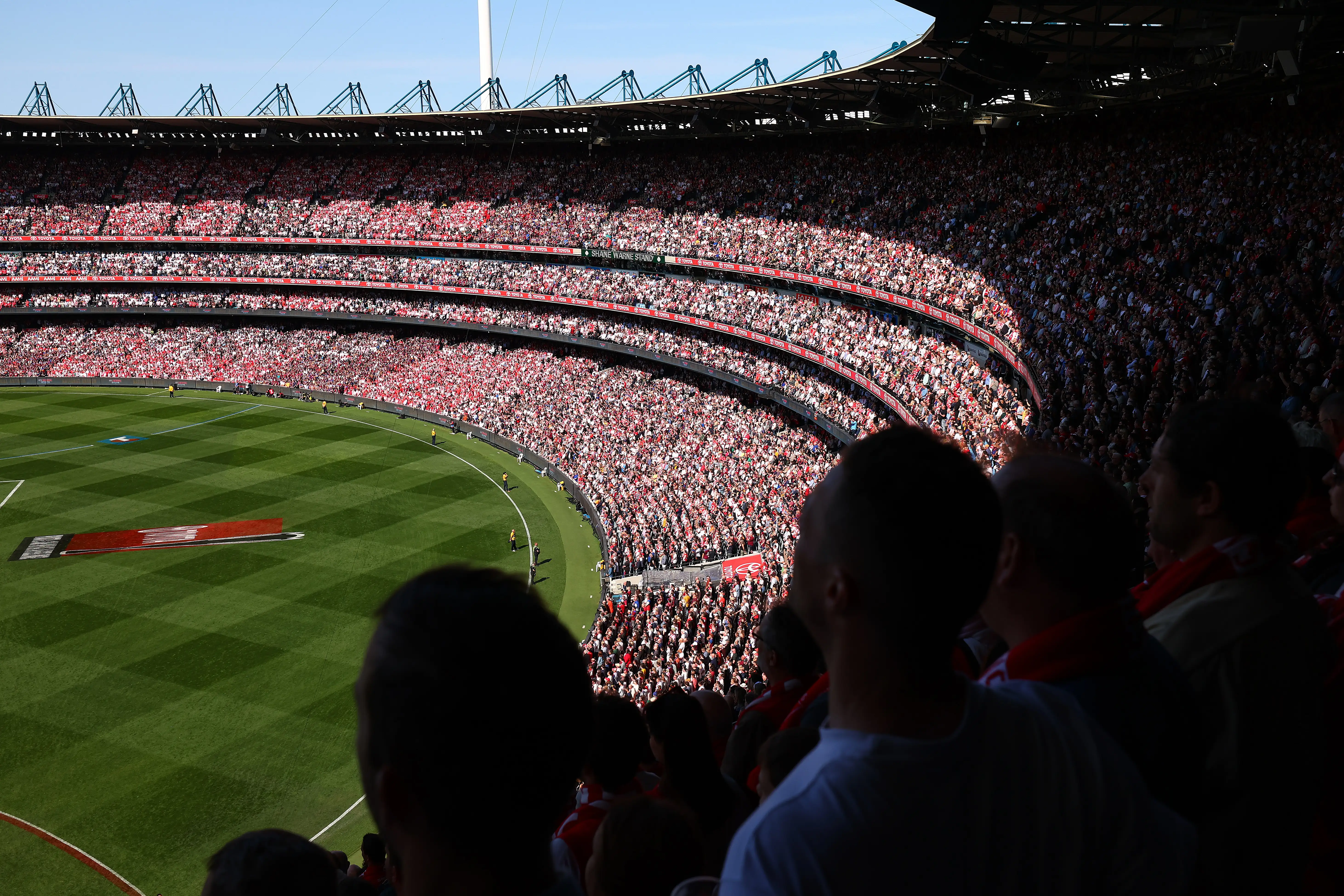
This includes a cultural change through all levels of football, right through to local leagues and Auskick, because these ideas don’t start at the AFL.
Compulsory education sessions, not only LGBTQIA+ specific, but including racism, healthy masculinity, mental health and gender-based violence, alongside dedicated, compassionate leadership, will slowly but surely build spaces and cultures in which all people can enjoy football.